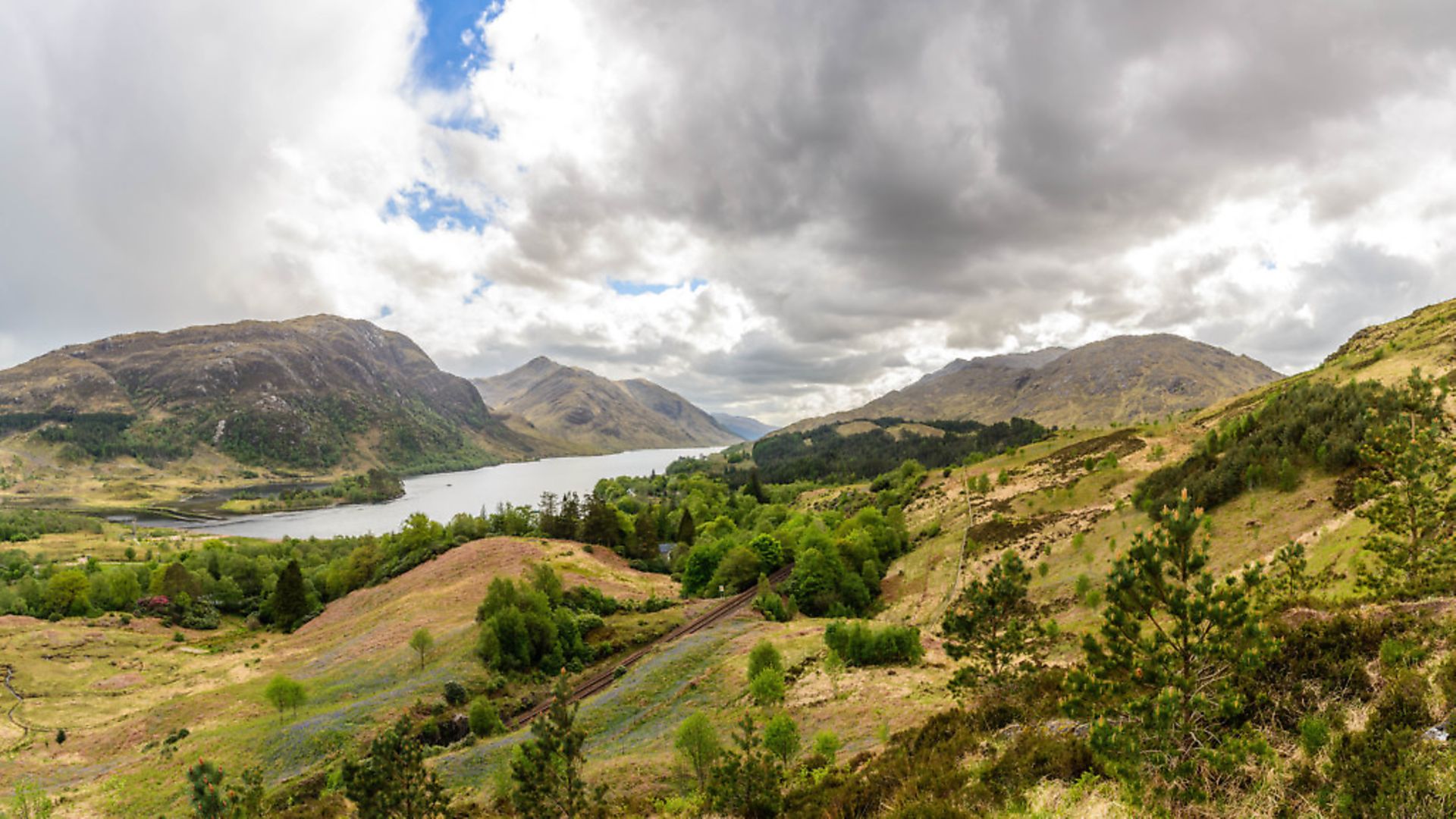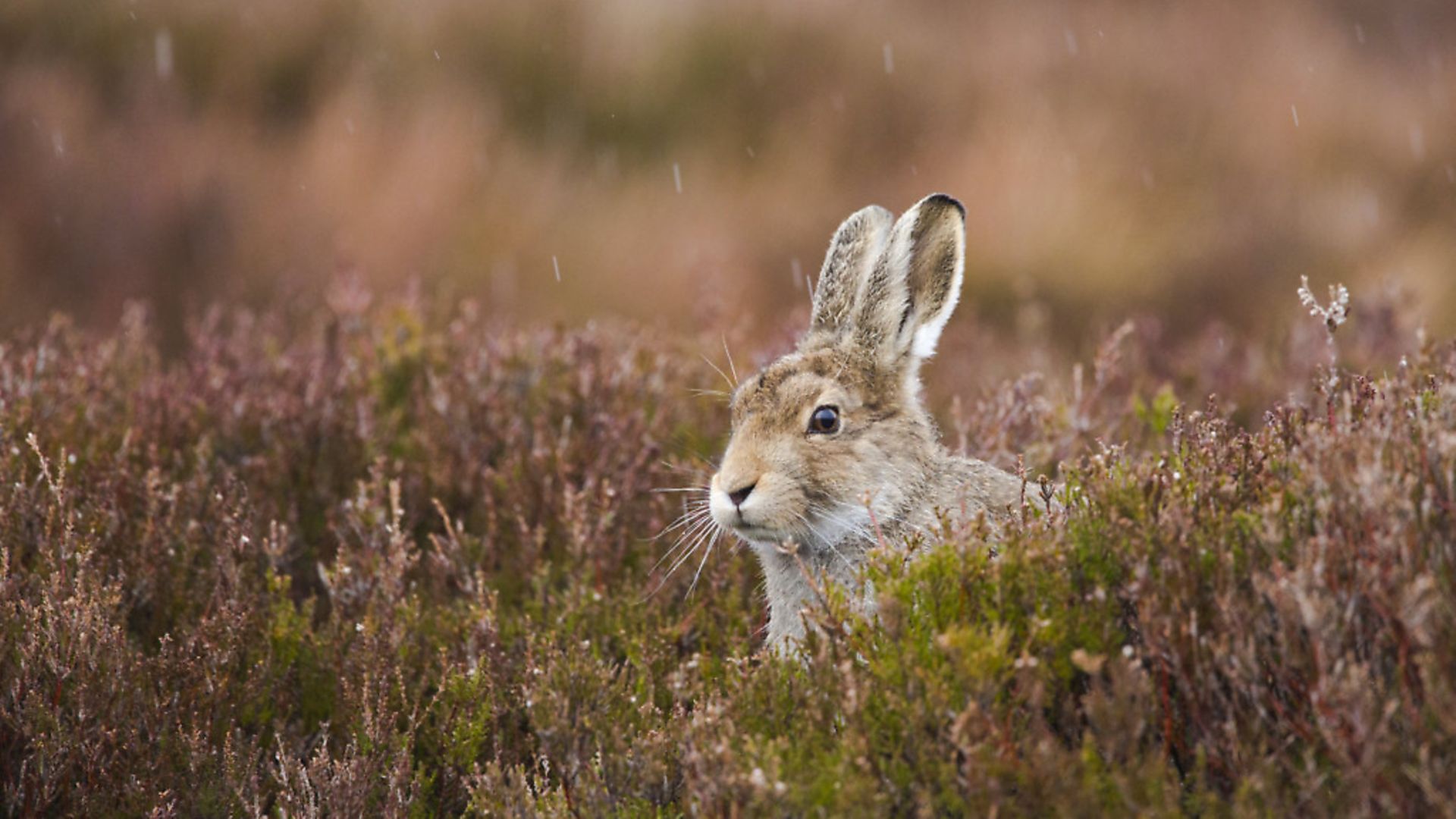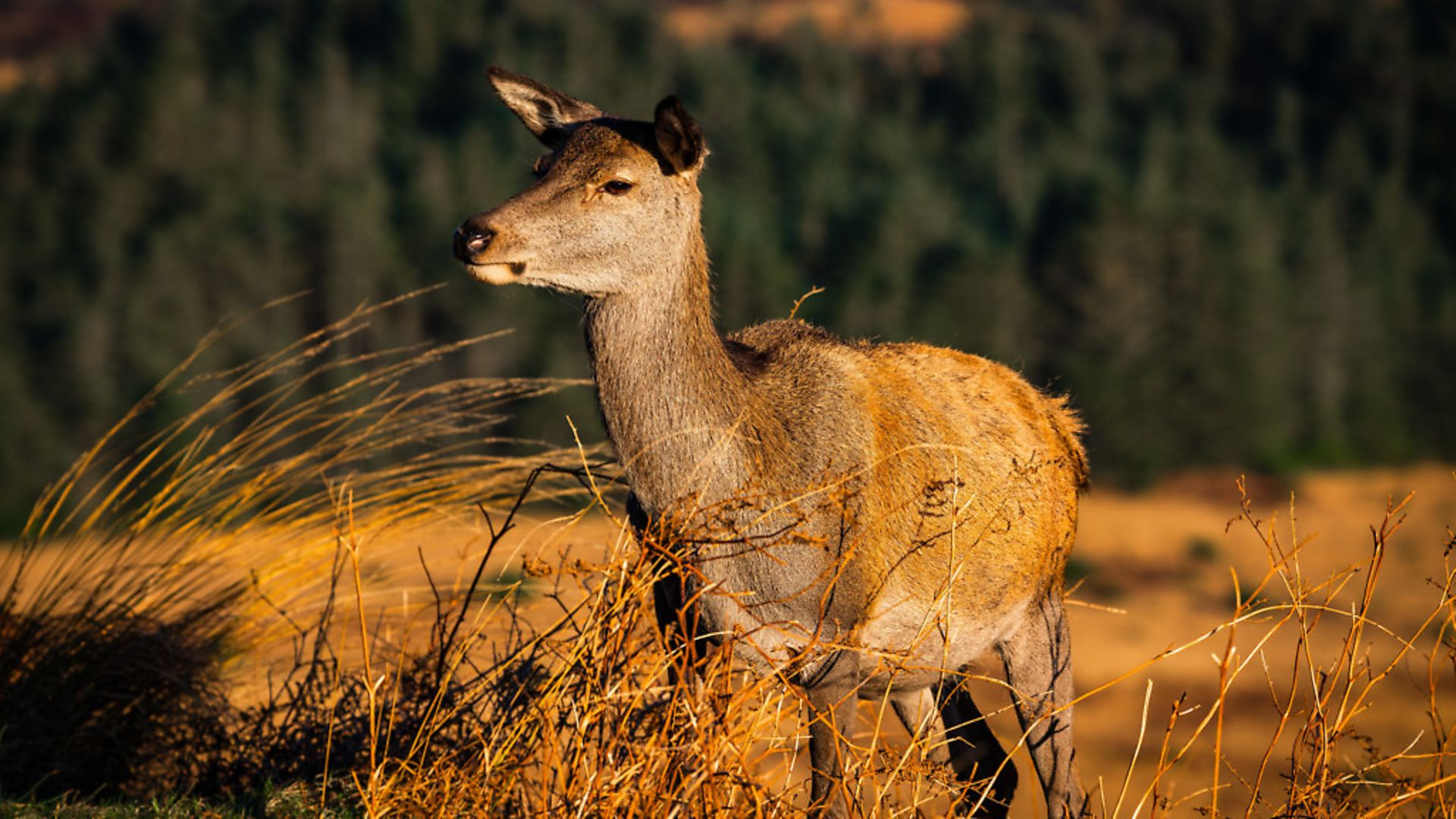“We live in a time when the solution to conservation is the abdication of responsibility & activity... the belief that nature can restore itself”
 credit: Getty Images/iStockphoto
credit: Getty Images/iStockphoto
Having worked for over 30 years in both the public and private sector managing wild deer in the UK and abroad, I have seen many successful examples of community-based conservation and hunting models. Probably one of the biggest challenges facing nature conservation and deer management in the UK at the moment is how we integrate the wider community.
Many communities in Africa and North America are reliant on hunting tourism to generate an income to manage the wildlife on their land. Though unseen by many Scotland, the same holds true for us. Trophy hunting, in particular, is under increased pressure from animal rights activists and well-meaning organisations with a tendency to misrepresent the facts. In any well-managed wildlife population, there will be a surplus of males which can be removed with no detriment to the species – and this provides economic benefits to the community.
I believe that biodiversity is only going to be sustained in our rural communities when wildlife is part of the community. Any effective community-based conservation model must take advantage of community-based hunting. This may not sound like much to people who live far away from the rural areas, who only see the beauty of wildlife and are enthralled by an iconic species. For the rural communities living alongside our wildlife, they are often seen as a threat to their livelihoods. For example, deer eating crops or foxes and sea eagles taking lambs can be seen as a threat to incomes and their way of life. Politicians struggle to keep all of us happy all of the time. There is much talk of regional plans, encompassing social, economic and environmental targets, but little progress has been made in these areas.
 credit: Getty Images/iStockphoto
credit: Getty Images/iStockphoto
For any community to be able to live in harmony with any iconic species, they need to receive recognisable benefits. To many, the social and environmental benefits are considered to be the most important, but it is folly to overlook the financial benefits, as many of these are required to fund the management of habitats and the species that rely on them. We appear to live in a time when the solution to conservation is the abdication of any responsibility and activity in the firm belief that nature can, and will, restore itself when left it to its own devices, without any influence other than the complete removal of traditional land use practices.
In many parts of the Highlands to date, the financial benefits have come primarily from sustainable hunting and shooting, agriculture and environmental support mechanisms, with a small additional element of wildlife tourism. Through these mechanisms, many estates and communities are able to generate an income to cover the operational costs and sustain employment in rural and remote areas.
Undoubtedly, following the Covid-19 pandemic, our world will change, and changes to the global social and economic situation will have a large influence on economics at a local level. Already in the last year, we have seen large reductions in tourism income, and it is likely that hunting tourism will come under further pressure. This will have undoubtedly undermined some communities’ abilities to generate sufficient income to sustain wildlife management activities. As we reach out to meet ambitious environmental targets throughout the country’s wildlife management, habitat targets are likely to exceed current funding, and the funds available to the government will need to be wisely spent.
Against this backdrop, a review is urgently required to examine opportunities to reengage local communities with their natural resources and reduce the burden on the taxpayer. Local community hunting initiatives can play a vital part in this. If we’re going to avoid further divergence of viewpoints and the loss of any common ground, action needs to be taken quickly. If our rare heather moorlands are to avoid going under the plough and covered in commercial trees, then community engagement at every level is required urgently.
 credit: Getty Images/iStockphoto
credit: Getty Images/iStockphoto
Our moorlands are not the only habitats under threat; they are merely an example of what is going on. Fieldsports or hunting has become politicised like never before: you only have to watch the total misrepresentation of the management of the mountain hare to see how far politics and public perception have strayed from reality. I believe one of the biggest challenges, particularly north of the border, is the perception that hunting is elitist, which disenfranchises local communities. Wild game has become inextricably linked to privilege and wealth and is, therefore, an easy target for a number of political parties. It is undoubtedly challenging for any rural politician, even if they are fully aware of the benefits to their rural constituency, to win this one all the time, as the local people don’t have access to the same resources as those with privilege.
In other parts of the world, this has been addressed quite sensibly with a requirement for community-based hunting operations or for estates to make at least 20 per cent of the annual harvest of game made available through a permit or concession to local communities. One large estate in the Highlands this year is to be applauded for making deer stalking available to the local community at a heavily discounted rate, and then to offer the produce to the local community. Hopefully, this is not a reaction to a decline in bookings following lockdown but a genuine awakening to the need for community support which can be encouraged through engagement. I hope government agencies see this as an opportunity and something that they could take a lead on.
To many, it is absolutely clear the government agencies, conservation organisations and communities need to work together with defined, innovative ideas to enable communities to retain wildlife on the land and live in harmony with their natural resources.
A recent publication, entitled ‘Managing Deer for Climate, Communities and Conservation,’ was published by the Scottish Environmental Link (an organisation that describes itself as the “forum for Scotland’s voluntary environment community”) in affiliation with 38 member bodies representing a broad spectrum of environmental interests. These organisations share the common goal of contributing to a more environmentally sustainable society, stating that they “recognised that deer play a vital part in a balanced ecosystem”. This is something that we can all agree upon. They go on to highlight a number of areas where deer management generates public benefits and also discuss meeting climate targets and supporting our rural communities. Along with their other recommendations, they clearly support broadening the participation in deer stalking in a way that involves local communities.
Some in the shooting industry do not support the Scottish Environmental Link, as the member bodies representing this group do not have any affiliation with the shooting industry at all. However, what is clear is that there is a small patch of common ground that we clearly need to make the most of. I am sure we are all in agreement that there is only one Scotland, and it is a country for which we all seek the best outcome.
What we could agree on is that once this pandemic is behind us, there is an opportunity for a different way forward. We can all agree that harnessing the skills of hunters and stalkers in all sectors can restore a healthier environment in the UK and bring together everyone with an interest in our natural resources. I, for one, fully support a more integrated approach to land management and the development of small enterprises within our rural communities.